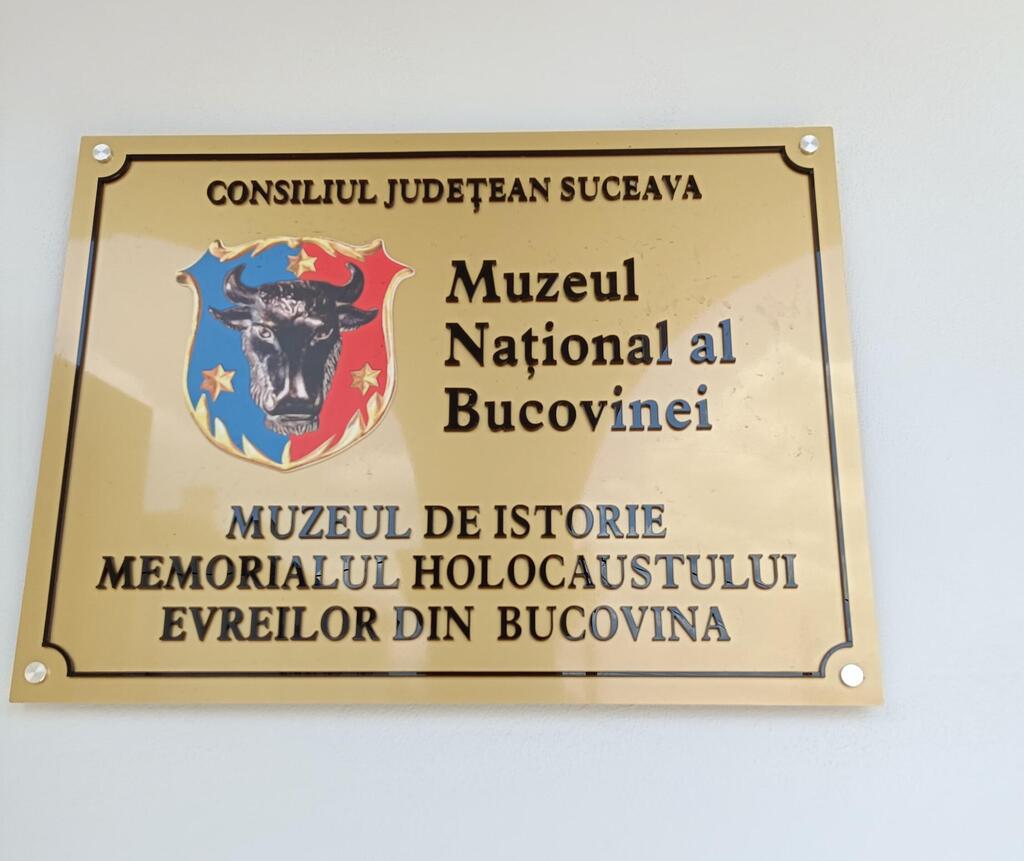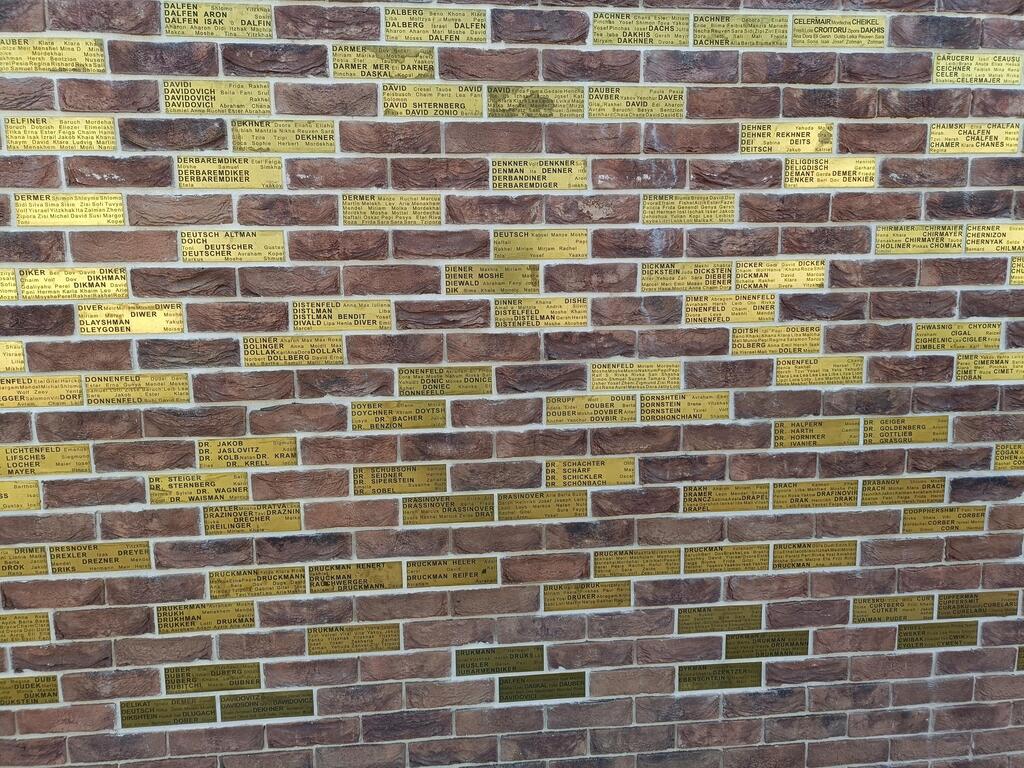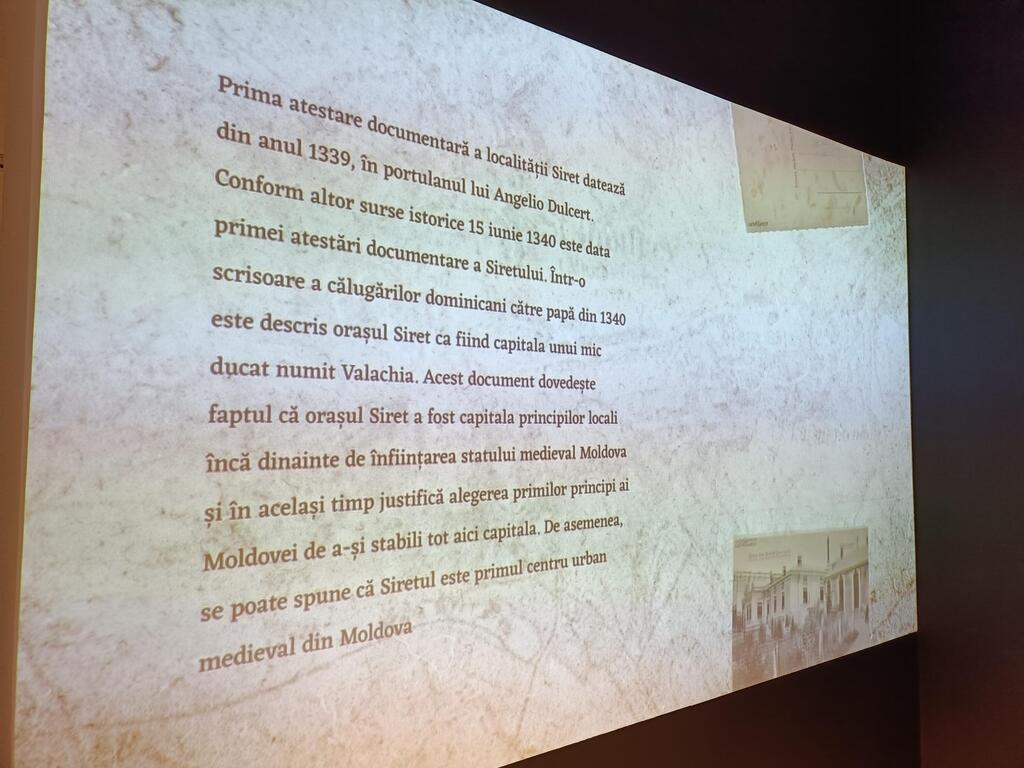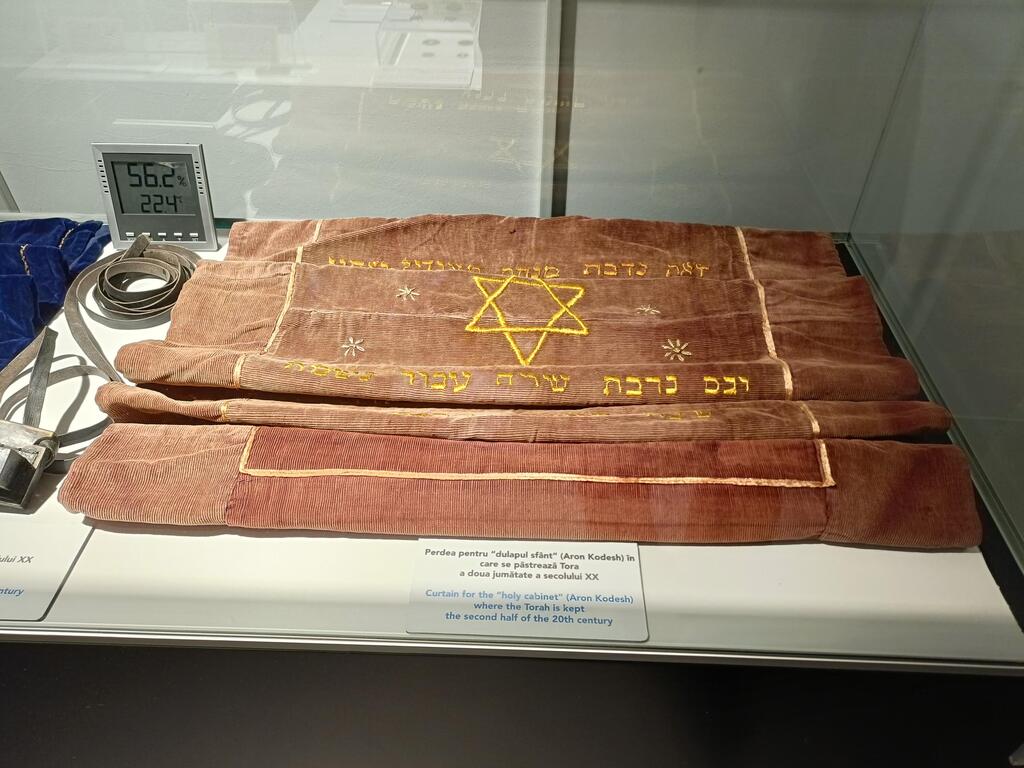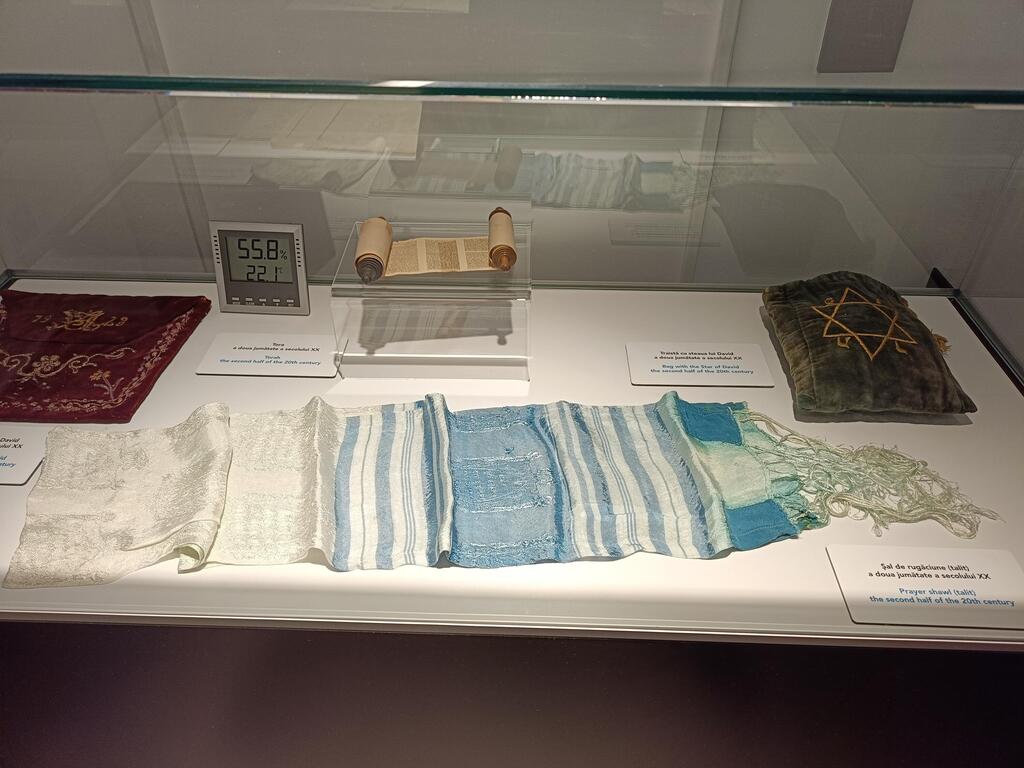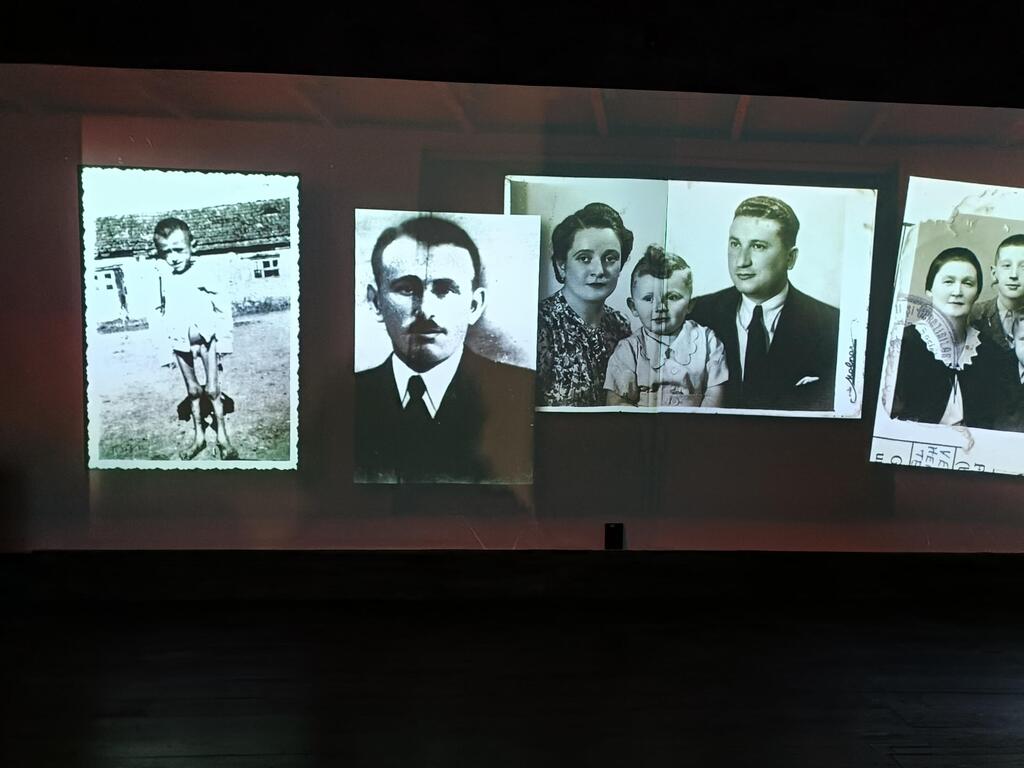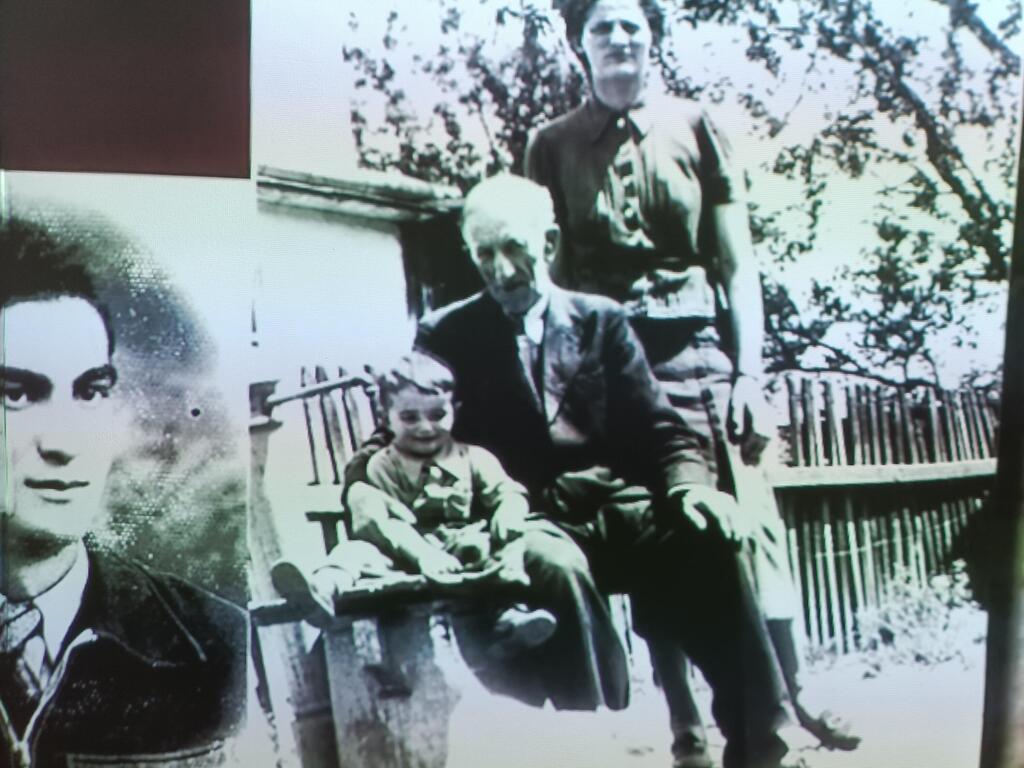Getting your Trinity Audio player ready...
A solemn ceremony marked the opening of the Siret History Museum and Bucovina Jewish Holocaust Memorial last Thursday, attended by dignitaries from Romania and abroad. The event highlighted the strong ties between Romanians and the Jewish community, even in the face of past tragedies.
The inauguration began with a prayer in memory of the 6 million Jewish victims of the Holocaust, "killed, massacred, burned and asphyxiated by German killers and their collaborators" during World War II. The prayer was led by the chief rabbi of Ukraine's Chernivtsi region and the rabbi of the Romanian city of Iași.
8 View gallery
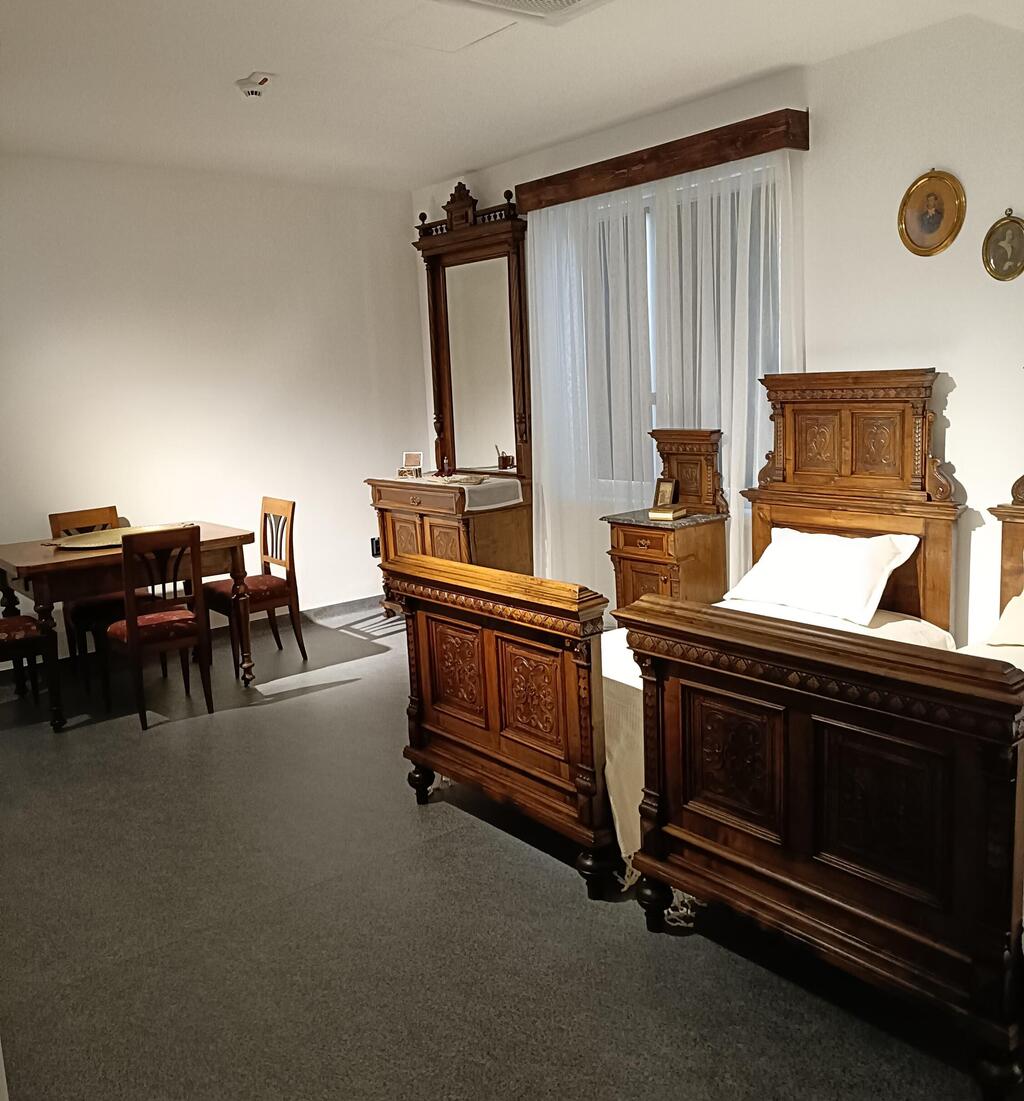

Siret History Museum and Bucovina Jewish Holocaust Memorial
(Photo: Marius Marcovici)
Gheorghe Flutur, president of the Suceava County Council, expressed his gratitude for the timely prayer and commemoration in Siret. "This is a project from the heart. I believed in it. I believed and still believe that we had an obligation to do something like this," he said, acknowledging representatives from the embassies of Israel and Great Britain, as well as Martin Sailer, president of Germany's Schwaben district, and Ruslan Zaparaniuk from the Chernivtsi region.
"Bucovina is writing a page of history today. It cannot be denied. What has been and is this wonderful province? A place of tolerance, wisdom, acceptance of others," Flutur remarked.
"When are we holding this event? Now, when bombs are at our borders, now when balance, moderation and peace are needed more than ever, we take an excursion into the past and see what was done wrong and what we must take responsibility for. This should be the role of our museums, to constantly remind us of the true history."
Flutur emphasized that the museum serves as a school, with the Bucovina Jewish Holocaust Memorial being the most crucial element. Alexandru Moldovan, the prefect of Suceava, said that the current geopolitical context compels everyone to stand by their friends.
Siret Mayor Adrian Popoiu said that the initiative for the museum was started a decade ago by Stelian Nistor, and expressed his gratitude for the support that led to the project's completion.
Nistor conveyed a message from Ronald Lauder, president of the World Jewish Congress, who has been closely involved with the project. Lauder thanked Flutur and Emil Ursu, director of the Bucovina History Museum, for establishing the museum, acknowledging that history can sometimes be difficult to accept.
He stated that future generations would learn about the fantastic contribution of the Jewish people in the region and the tragic end of these communities during the Holocaust.
The opening of the Siret History Museum and Bucovina Jewish Holocaust Memorial stands as a powerful testament to the enduring friendship between Romanians and the Jewish community, even in the face of past atrocities. It serves as a reminder of the importance of preserving history and promoting tolerance and understanding among all peoples.


